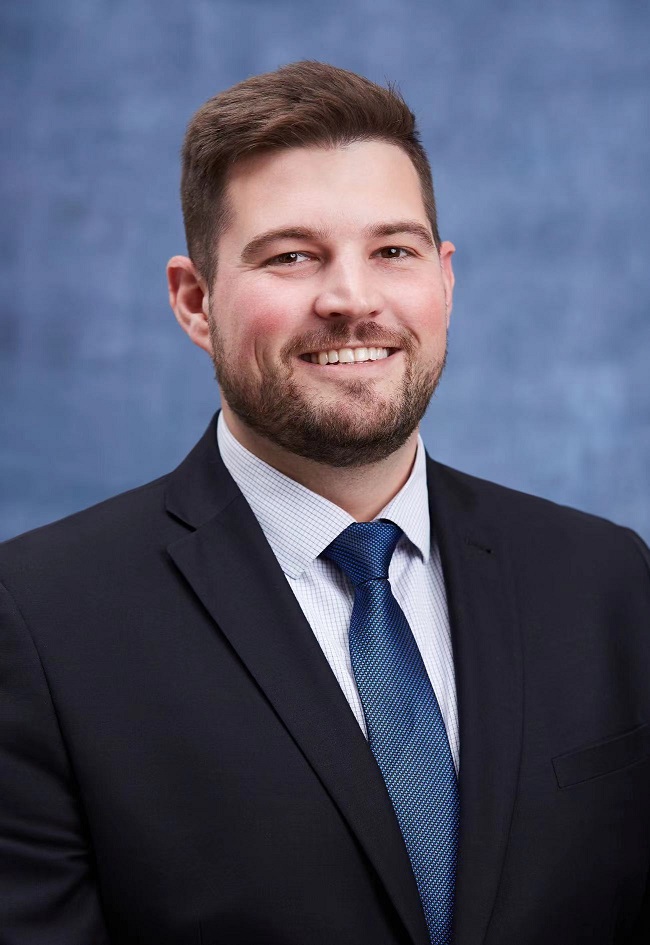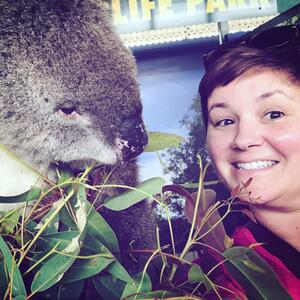Literacy-focused Community of Practice Workshop
December 1 | 4-5:30 pm | Duncan McArthur Hall | 511 Union Street West | Room A 241
December 1 | 4-5:30 pm | Duncan McArthur Hall | 511 Union Street West | Room A 241
Education Librarian
She/Her
Education Library
BA, MA, MLIS
Education
Nathalie Soini has been a librarian at Queen's since 2003. Over the years, she has been the Learning Commons Coordinator (2005-2015), Head of Information Services (2015-2022) and liaison librarian for French Studies and LLCU (2005-2020). In 2022, she joined the Education Library, where she specializes in FSL, liaises with Intermediate-Senior courses and with the School of English. She also supports graduate and faculty research.
Committees:
Cam Collyer is a Senior Advisor at Evergreen Brick Works in Toronto, Ontario. Collyer graduated with his BEd in 1997 from the Outdoor and Experiential Education program track.
Hear Cam's thoughts about what he learned during his BEd and how he uses his teaching skills in his work today.
Find out how you can get access to teaching resources at Queen's University's library, what is available to you as a teacher at public libraries, and more in our latest podcast!

Meet Ryan, a new student in the PME program!
I started the PME program in Winter 2022 in the Global Education concentration. I am currently Director of Teaching and Learning for Elementary at a bilingual school in Shanghai, China. I have also taught using Ontario, Common Core, Chinese National, and IB curricula.
Meet Mona and learn about her professional journey and experience in the PME program!
